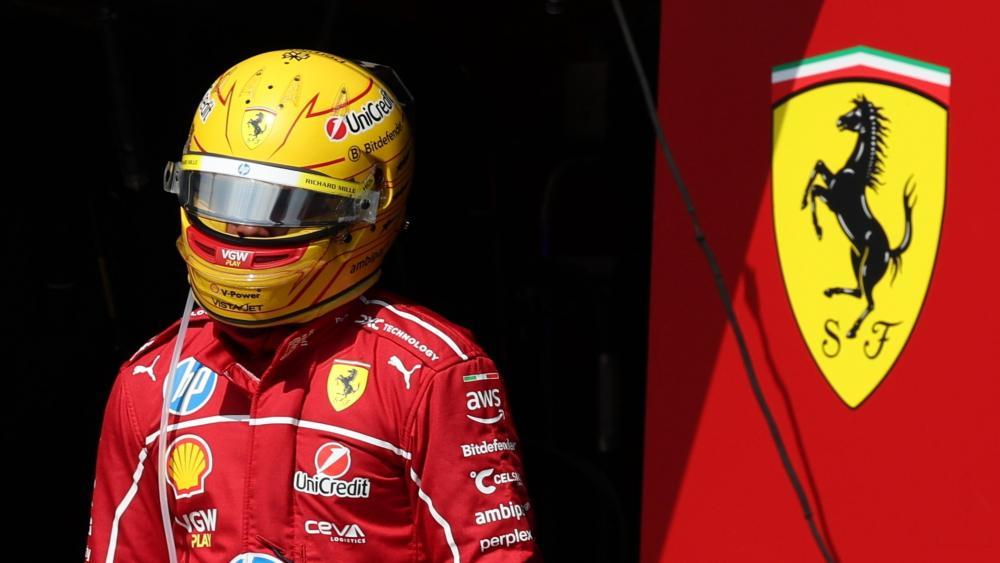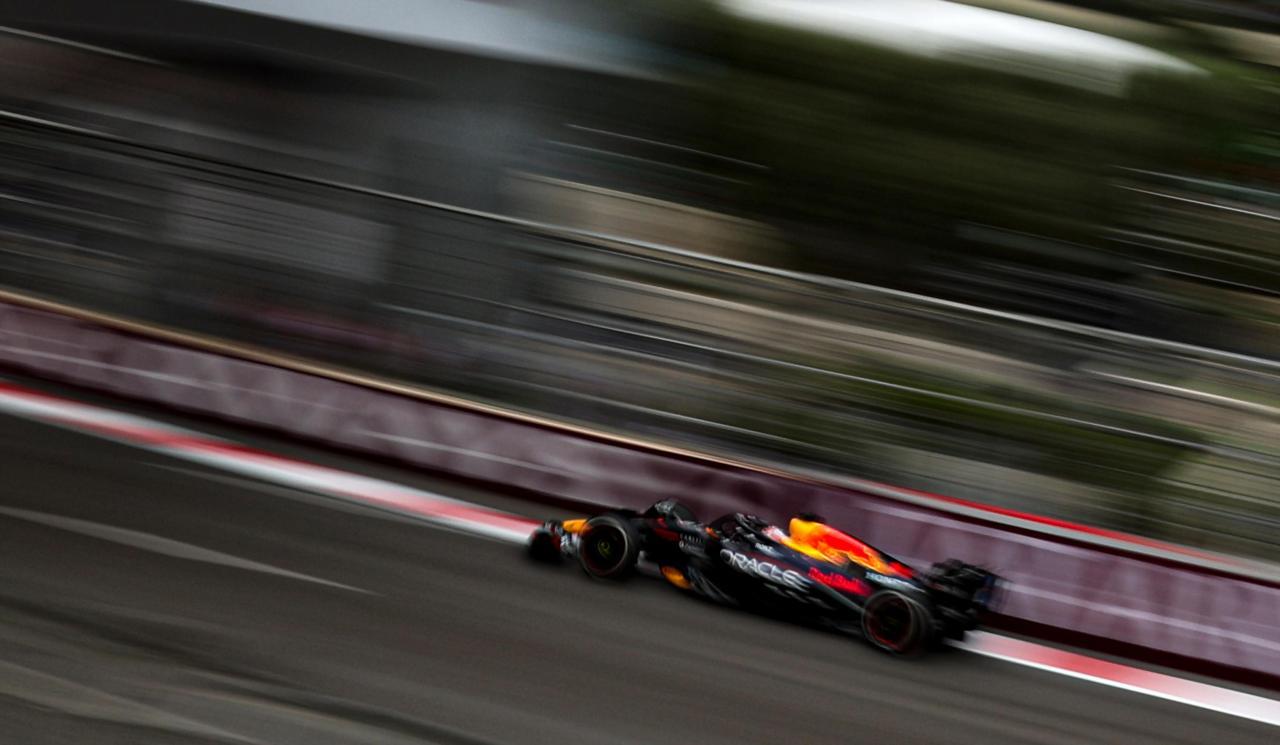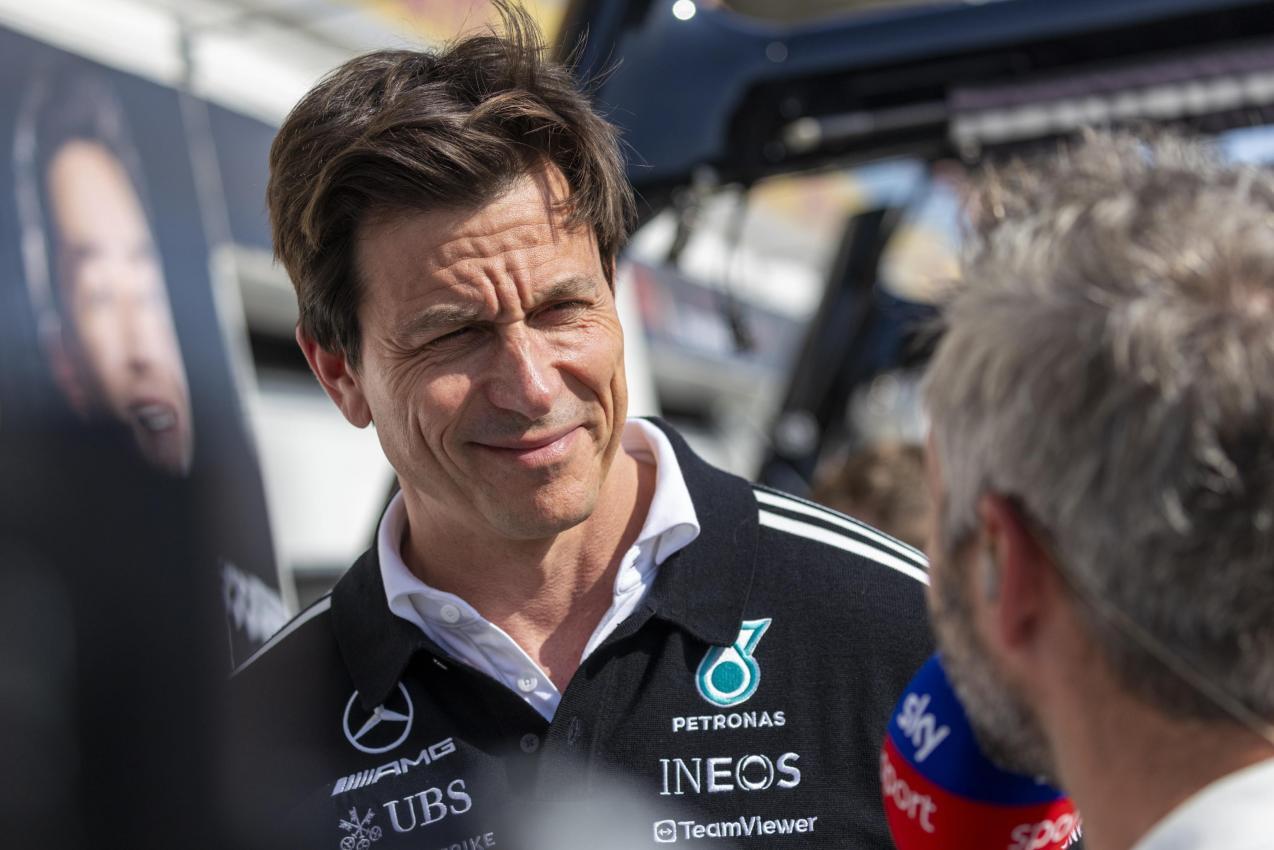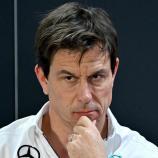
New times are ahead for Lewis Hamilton and Ferrari. © ANSA / YVES HERMAN / POOL
From 2026: These are the innovations in Formula 1
A new era is dawning in Formula 1. Starting with the 2026 season, the cars will be smaller, lighter, and, above all, more environmentally friendly.
01 October 2025
From: apa/sn
At the heart of the revolution is the powertrain, with which the premier class of motorsport aims to position itself as a technological spearhead and pioneer in climate protection. This will be achieved through "CO2-neutral" fuels and significantly more battery power in hybrids. Active aerodynamics will also be introduced.
The biggest change concerns the electrical component, which has been massively upgraded. Significantly more energy is recuperated during braking than before, and the battery output increases by a factor of almost three, from the current 120 kW to 350 kW. At the same time, the power of the V6 combustion engine drops to around 400 kW. The battery contributes around 45 percent of the total output, which is over 1.000 hp, while just over half comes from the combustion engine, which thus consumes significantly less fuel. Instead of the current 105 kg per race, the future energy consumption will be between 75 and 80 kg.
Fuel becomes “CO2-neutral”
The second significant innovation is gasoline. In the future, combustion engines will only be allowed to run on "fully sustainable" fuel. Ideally, this fuel will not release any additional CO2 into the atmosphere, but will only emit the amount of CO2 extracted from the environment during production. Therefore, such blends are referred to as "CO2-neutral," even though CO2 is naturally emitted during combustion.Can the struggling Red Bull benefit from the innovations? © ANSA / ALI HAIDER
Saudi Aramco, the oil giant owned by the Saudi Arabian government, hasn't revealed anything about the manufacturing process. Only that it's a synthetic fuel produced from a combination of hydrogen from renewable energy and captured CO2. "We believe this fuel could have significant benefits across the automotive sector, particularly when used as a 'drop-in' fuel in existing road vehicles with internal combustion engines," explained Formula 1, which aims to become "carbon neutral" by 2030.Synthetic fuels not suitable for series production
However, due to their negative energy balance, such fuels are unlikely to be a mass-market solution for road transport in the foreseeable future. It is significantly more efficient to power a car directly with electricity than to first generate synthetic fuels using enormous amounts of electricity and then burn them in the car.Nevertheless, the new engine formula was attractive enough to lure four other manufacturers into Formula 1: Audi and Cadillac will each enter their own team in 2026, with Cadillac initially using Ferrari engines. Honda also produces the power unit for the Aston Martin racing team, and Ford entered into a partnership with Red Bull Powertrains. Only Renault is leaving Formula 1 as an engine manufacturer—the Alpine team will rely on Mercedes-Benz engines in the future.
Toto Wolff benefited from numerous innovations in Formula 1 in 2014. And this time? © ANSA / SHAWN THEW
The cars' appearance is also changing, though not as drastically. The cars will be shorter, narrower, and – despite the heavier battery – lighter. This should also make them more maneuverable in the future. Aerodynamics are being generally downgraded, and the underbody ("ground effect") is losing its crucial role. The regulations call for active aerodynamics with adjustable wings to enable higher cornering speeds and higher top speeds. The traditional DRS is no longer needed; instead, there will be a new boost mode that allows full electric power to be used for one lap.
Memories of 2014
The last time Formula 1 underwent a similarly far-reaching reform was before the start of the 2014 season. At that time, the existing engine regulations were completely overhauled and the 1,6-liter V6 turbo hybrid, which is still used today, was introduced. What followed were dramatic shifts in the pecking order: Mercedes suddenly became the team of the moment and dominated the Constructors' World Championship until 2022."It's quite possible that someone will make a genius throw that the others have missed." Toto Wolff, Mercedes team boss
This time, things could play out similarly. Nobody yet knows which team will achieve the greatest technical breakthrough. The interplay of the combustion engine, battery, and fuel will be crucial. "It's quite possible that someone will pull off a brilliant breakthrough that the others have overlooked," said Mercedes boss Toto Wolff in Spielberg this summer.
Edit Profile
You have to sign into use the comment function.









Comments (0)